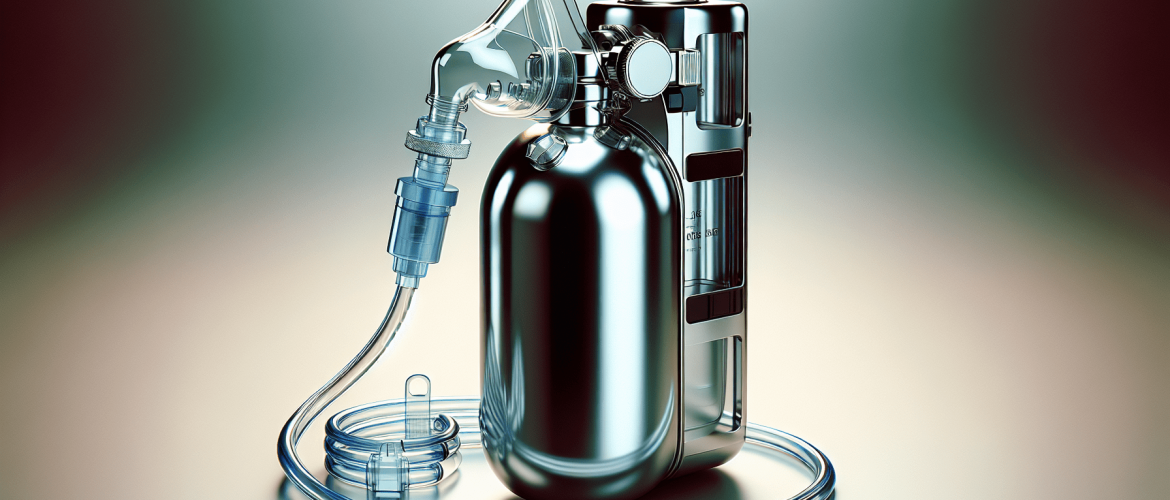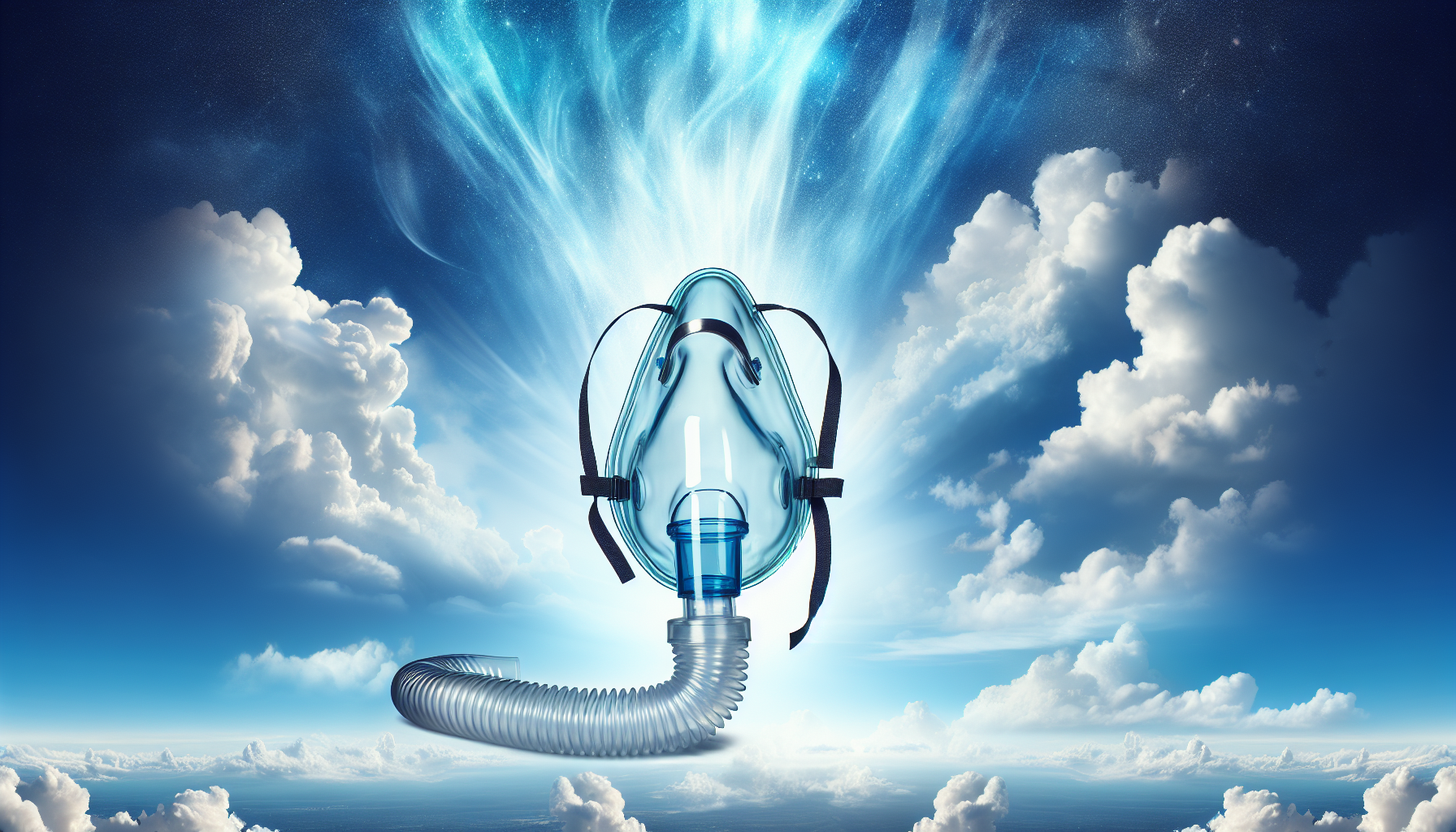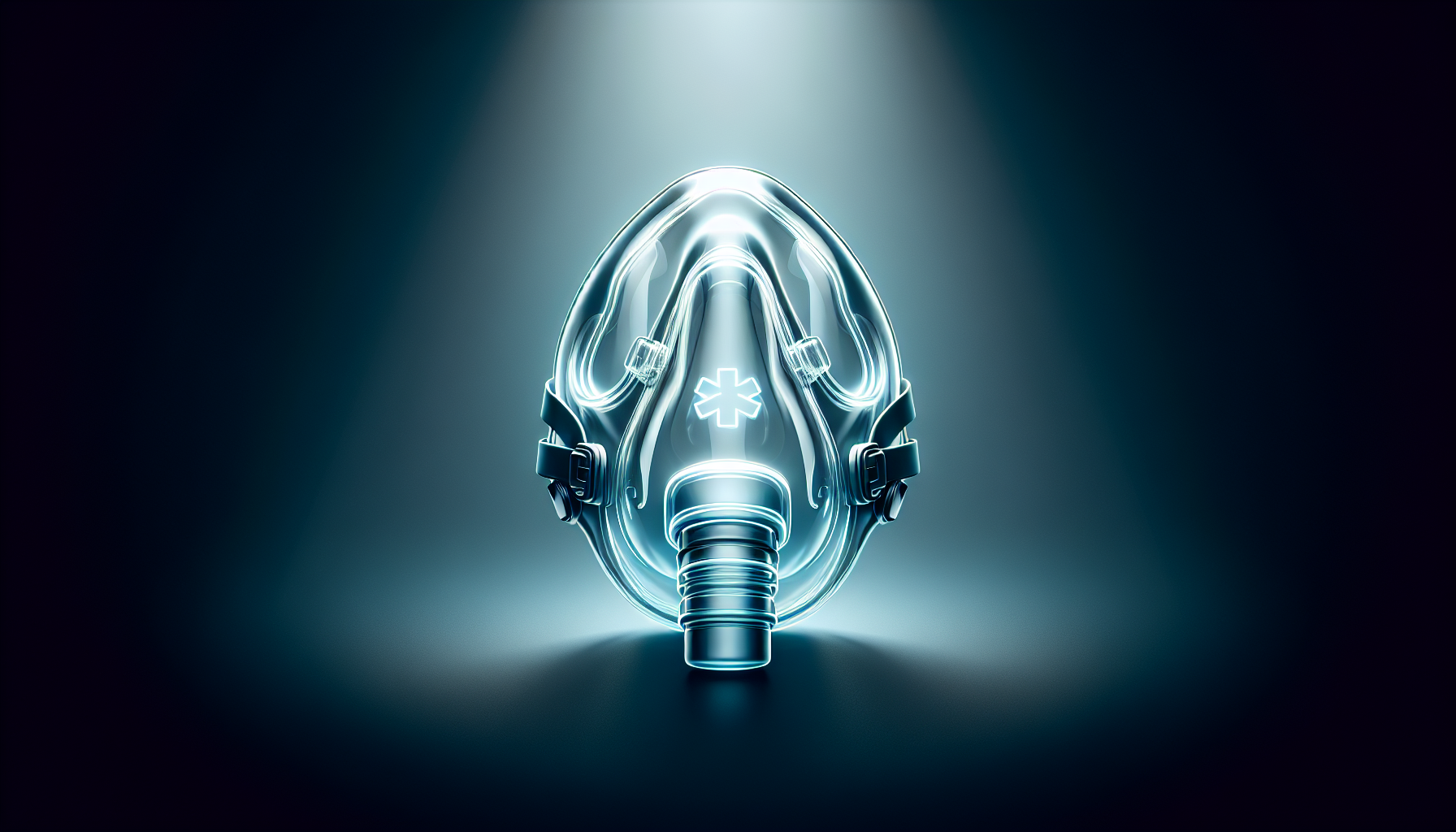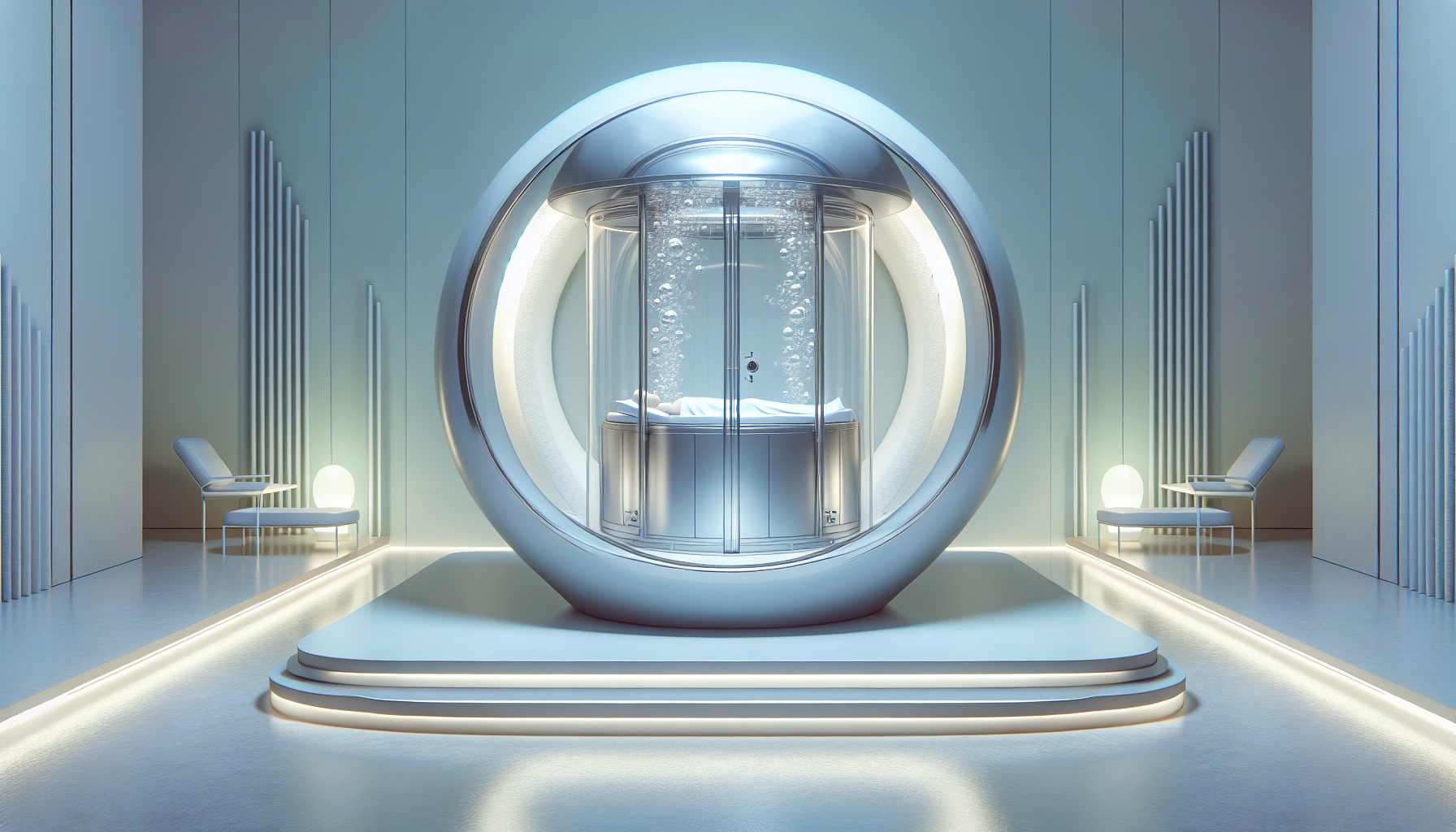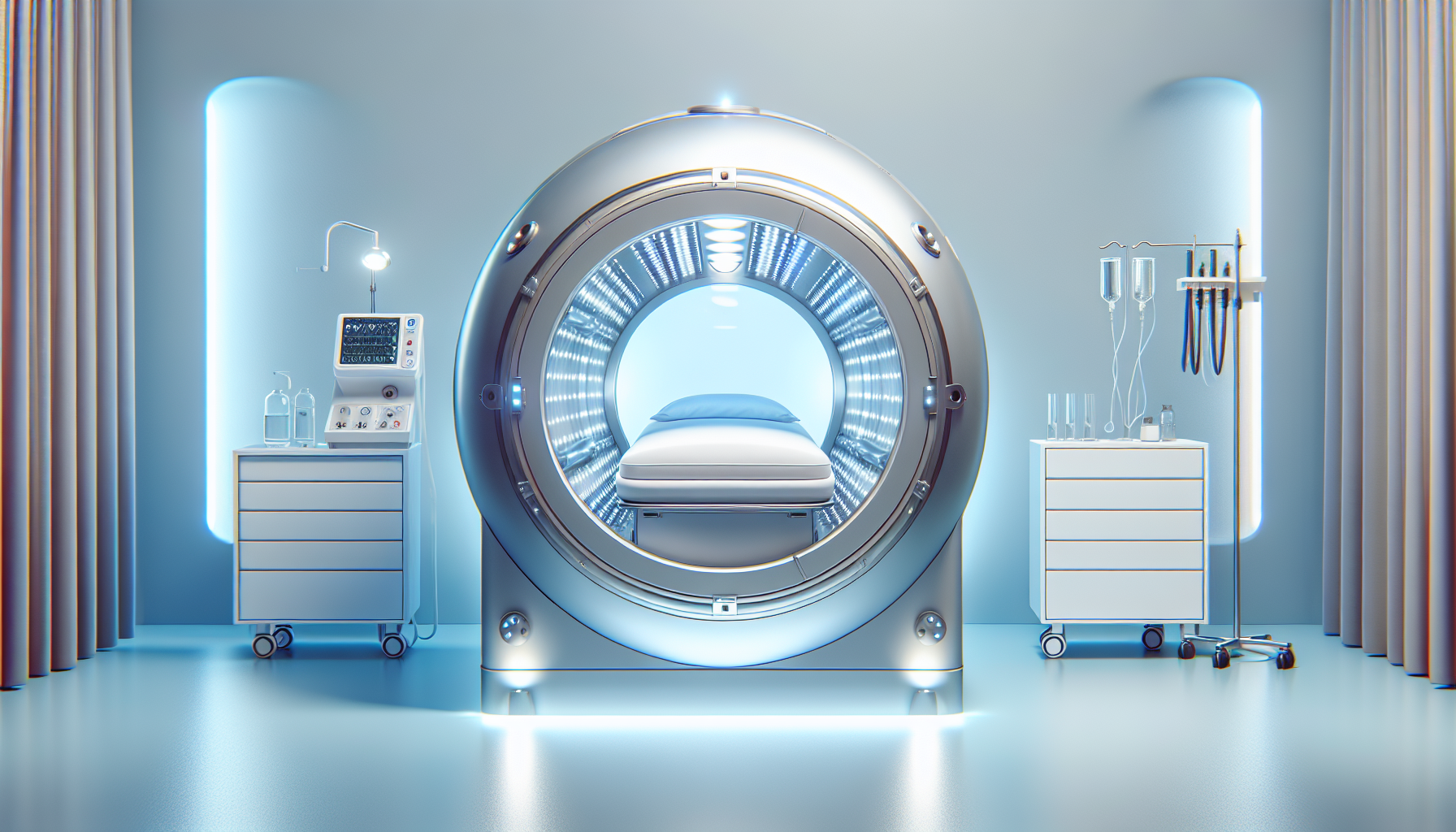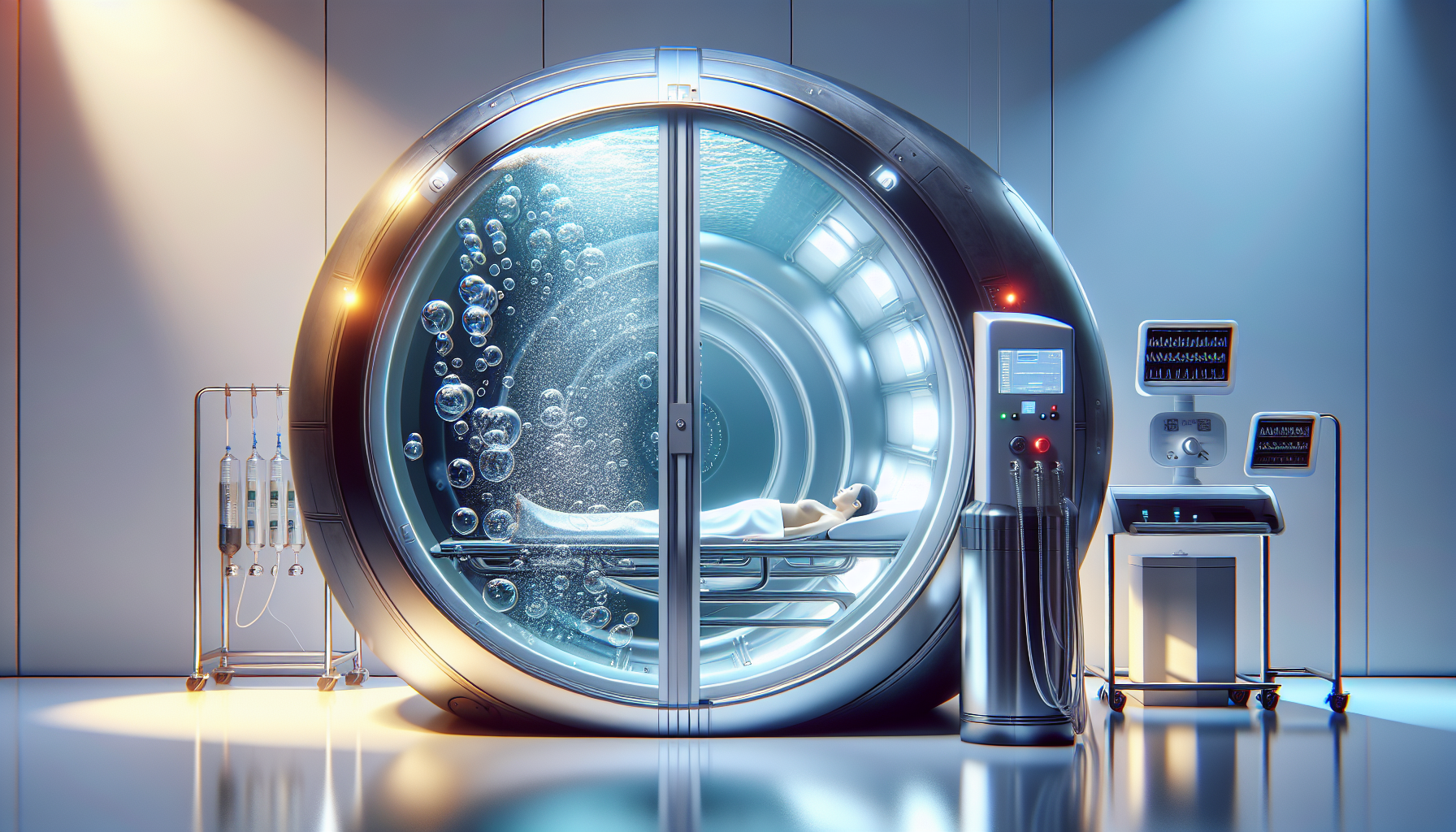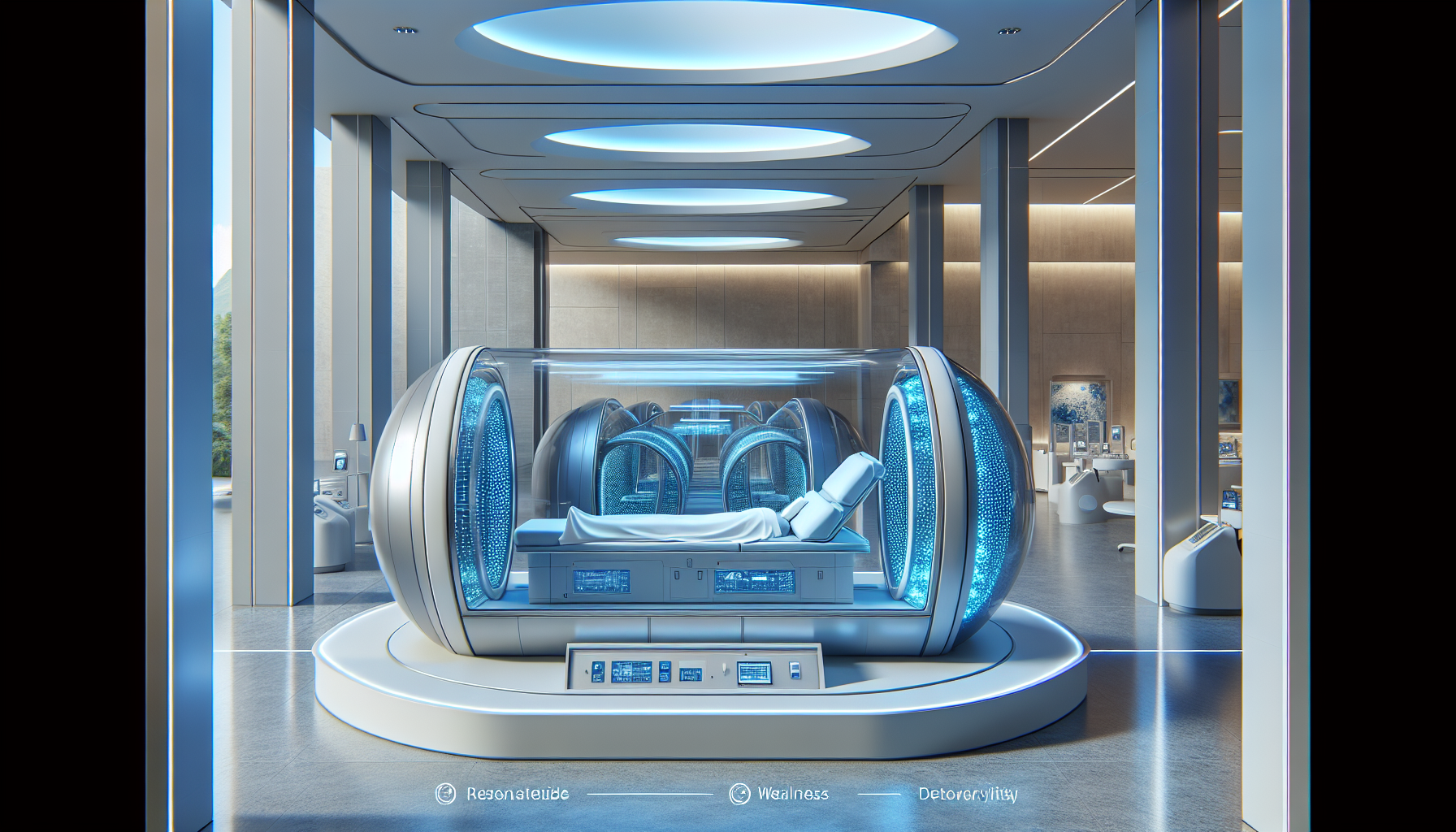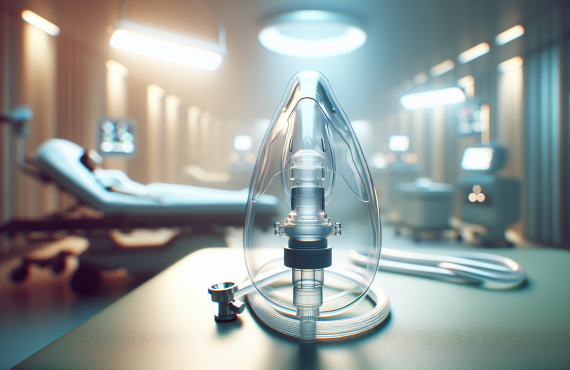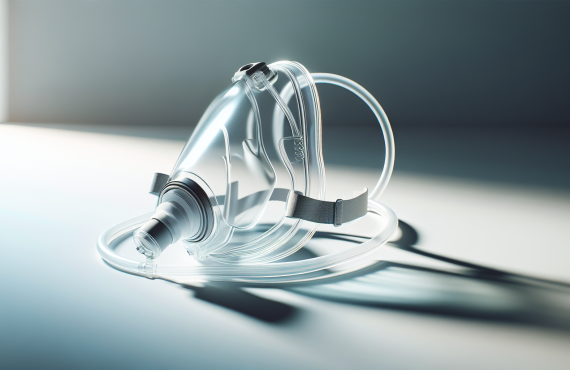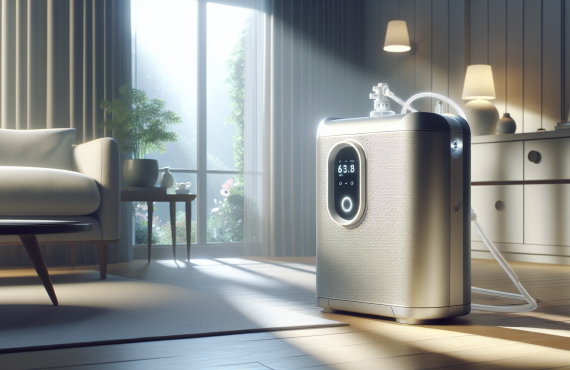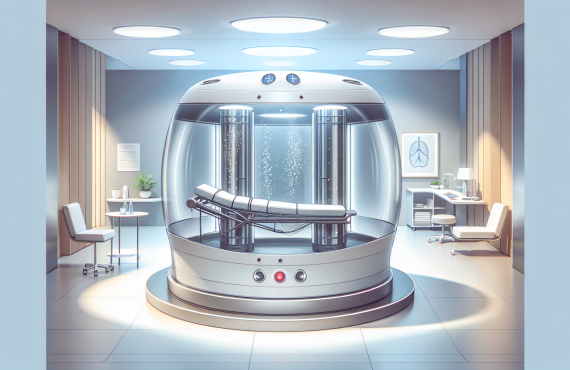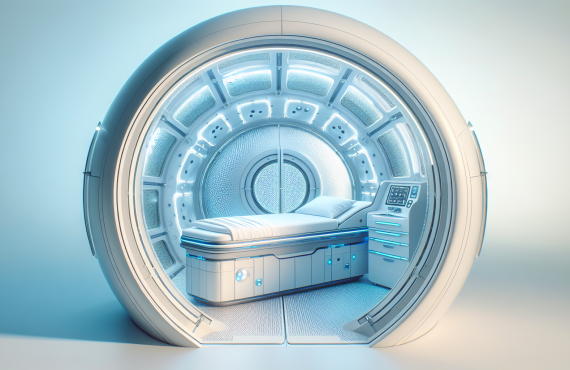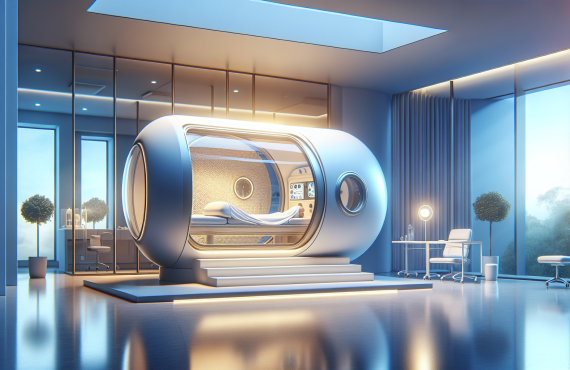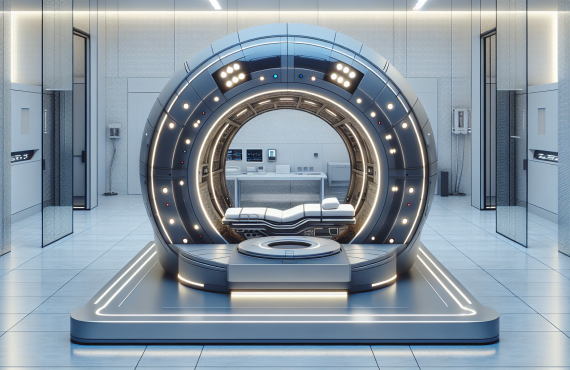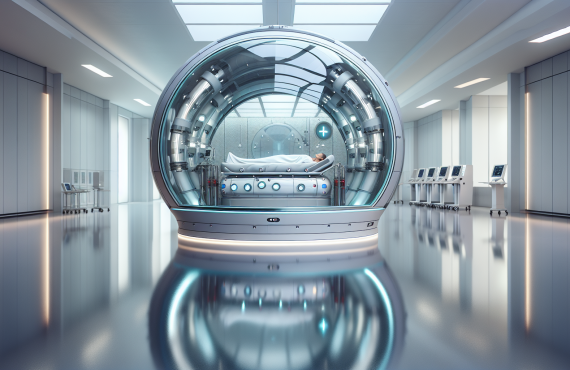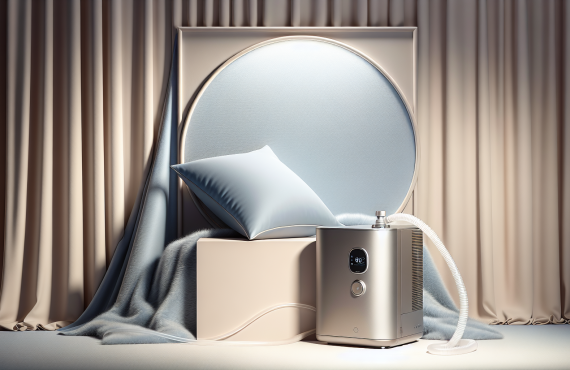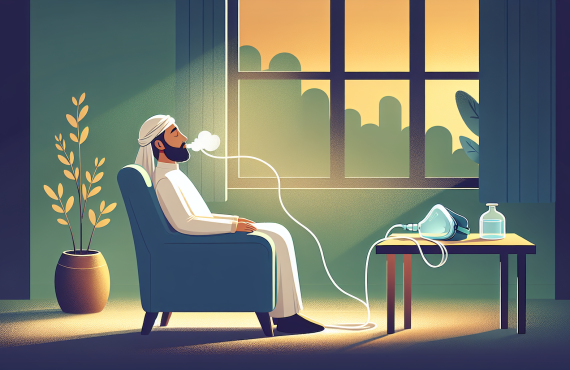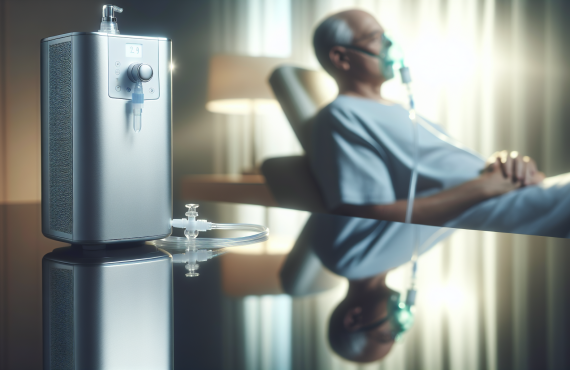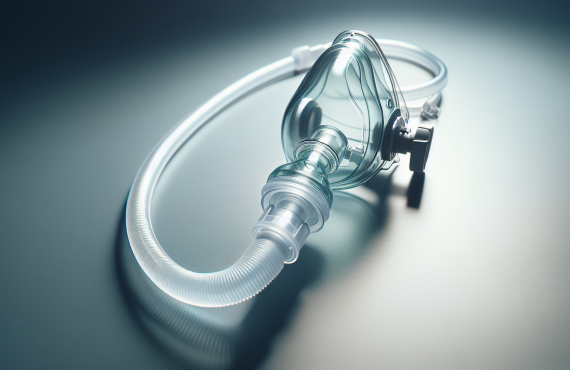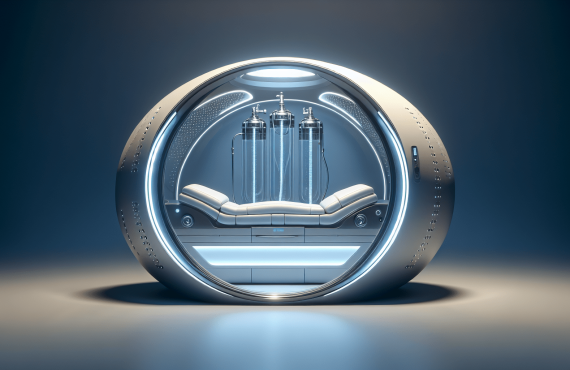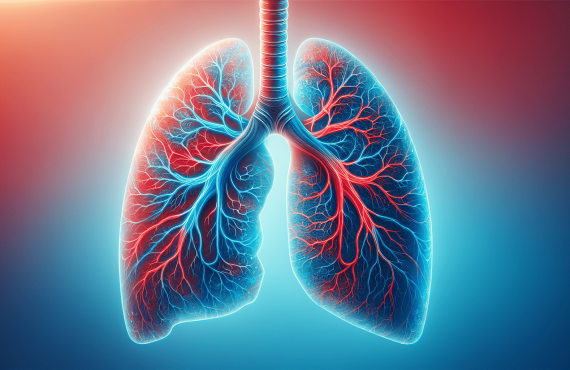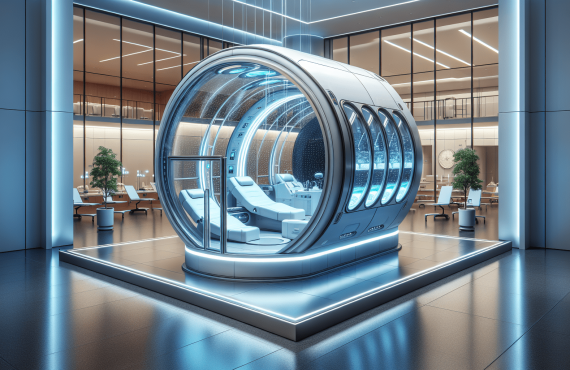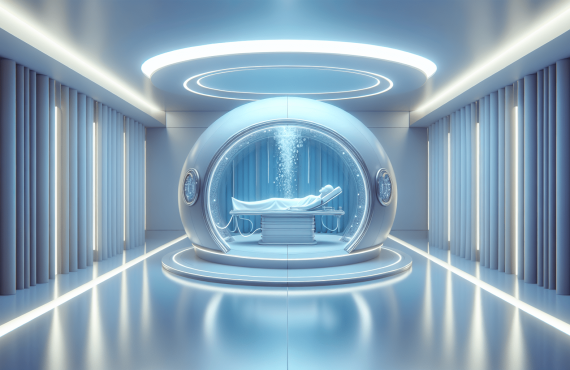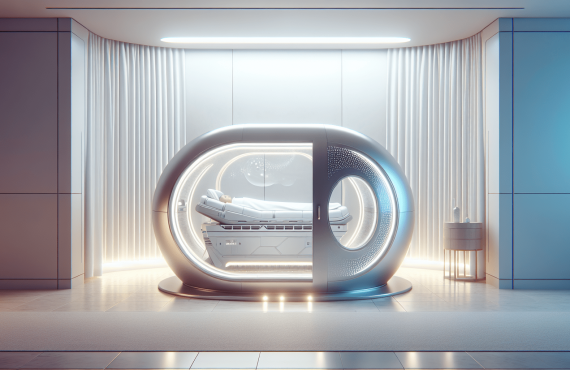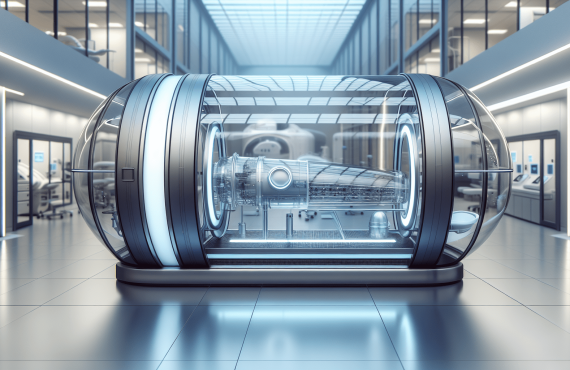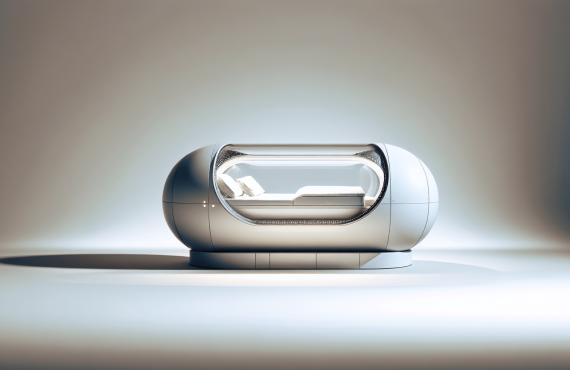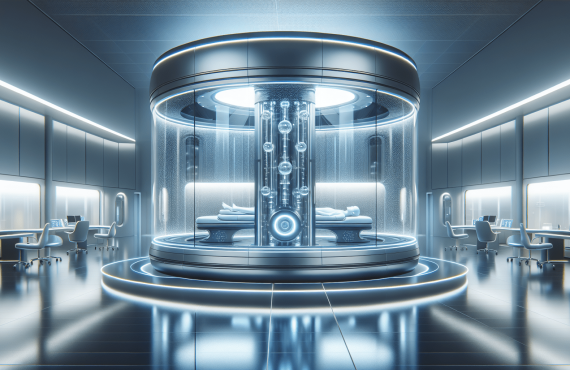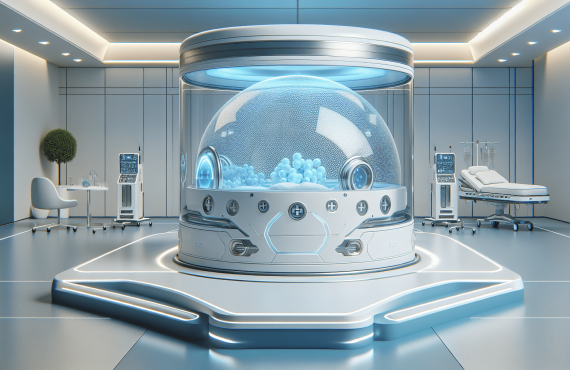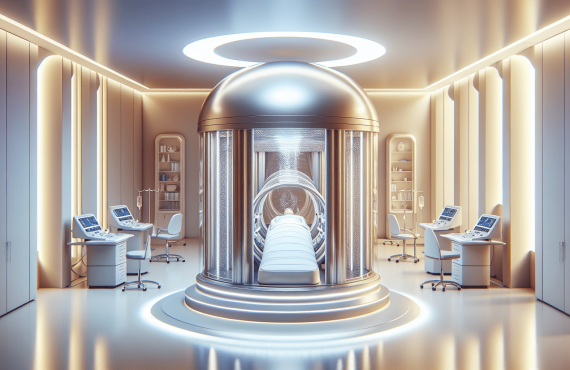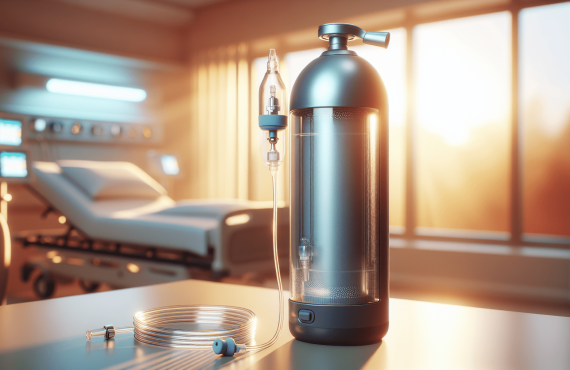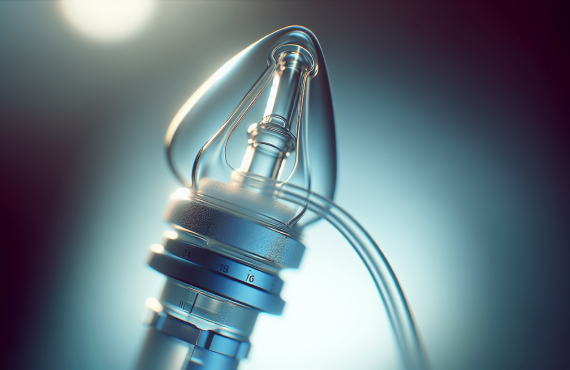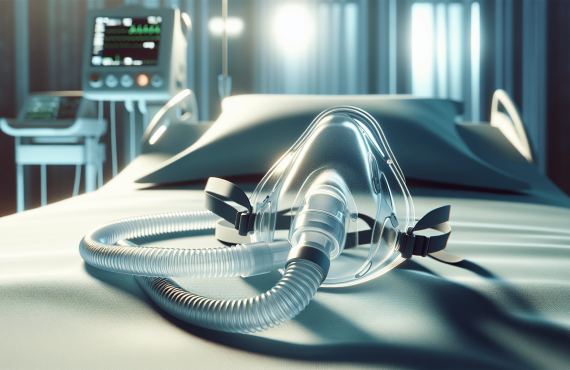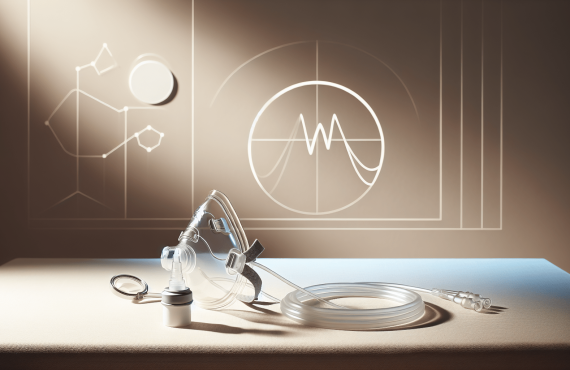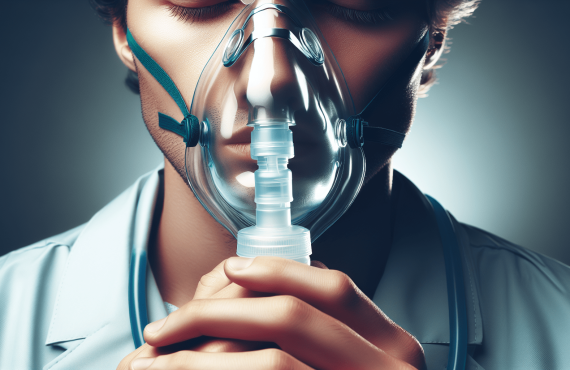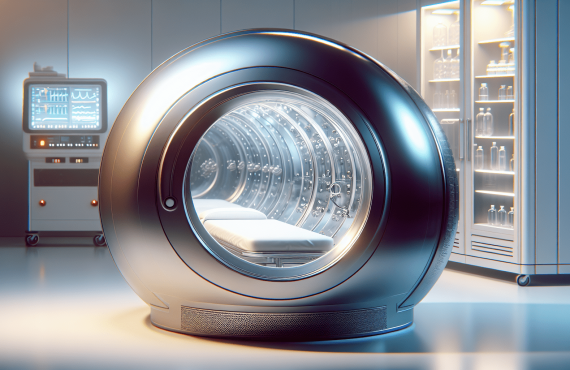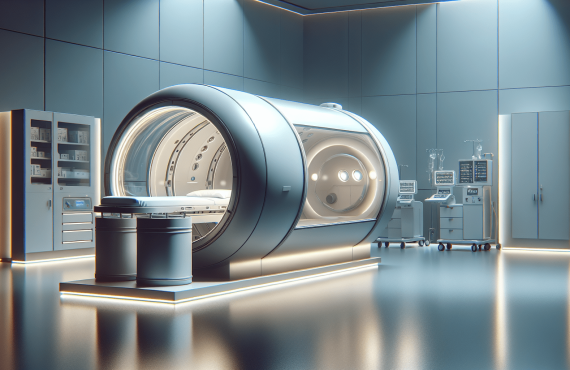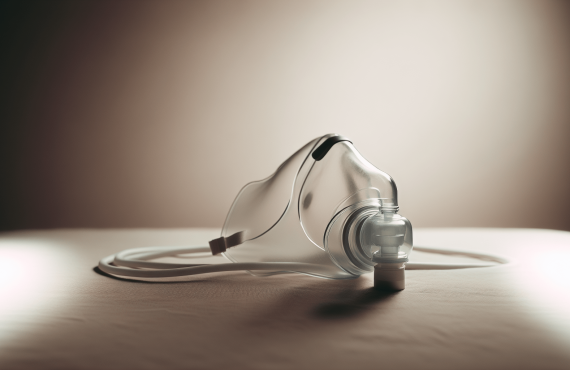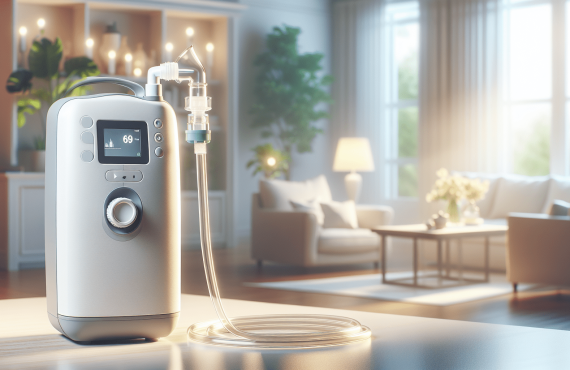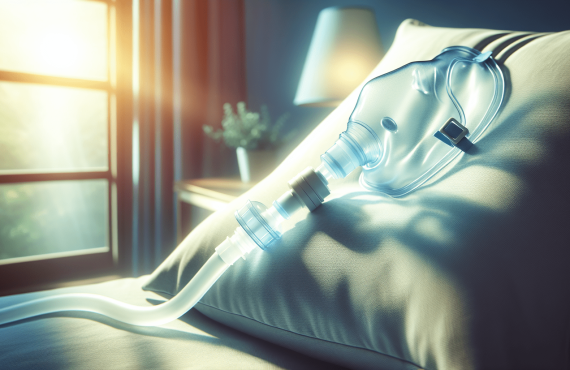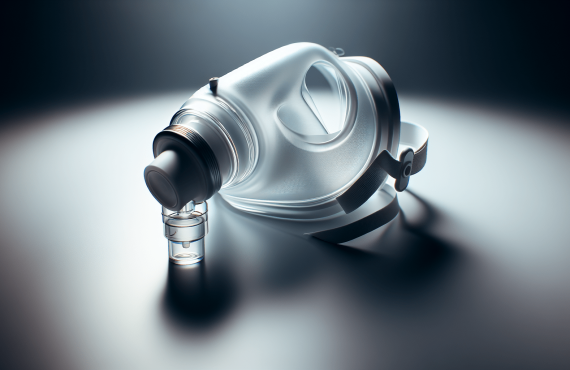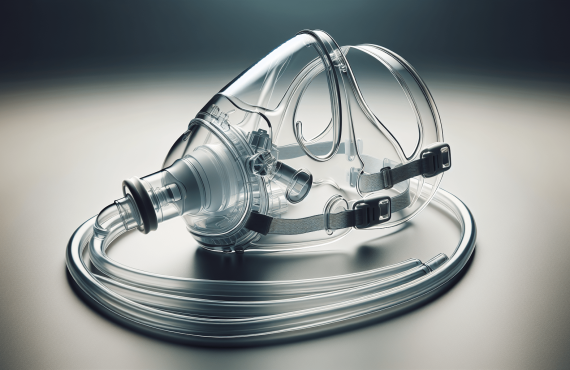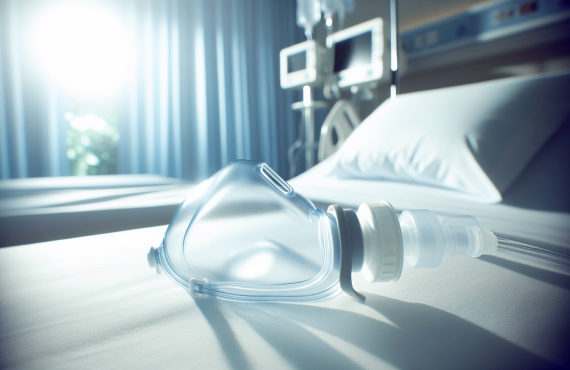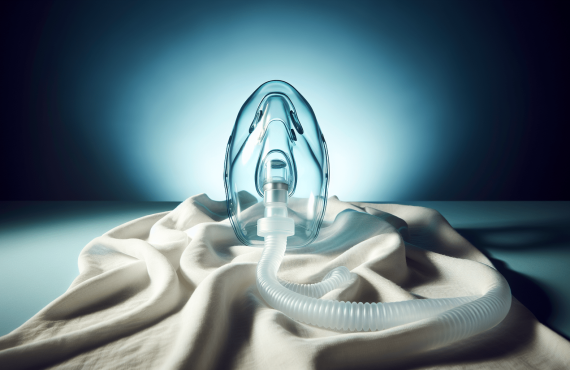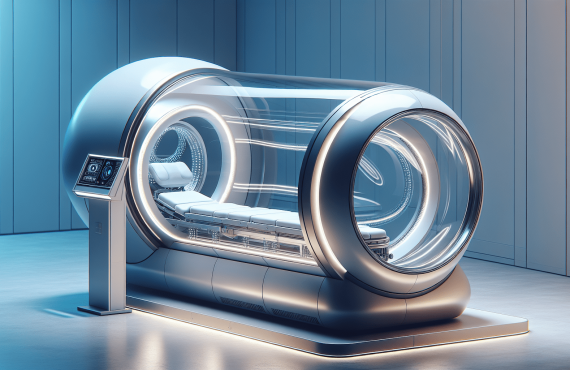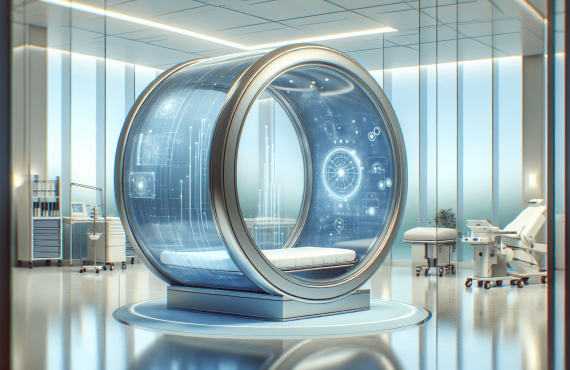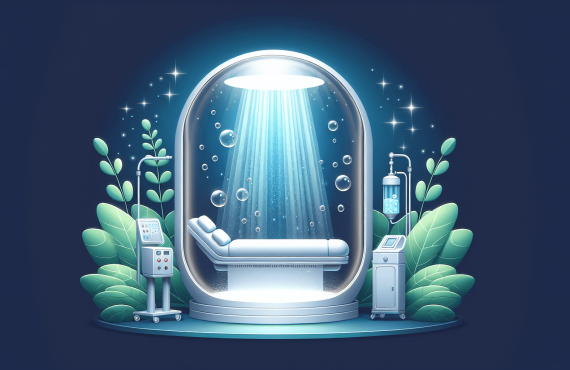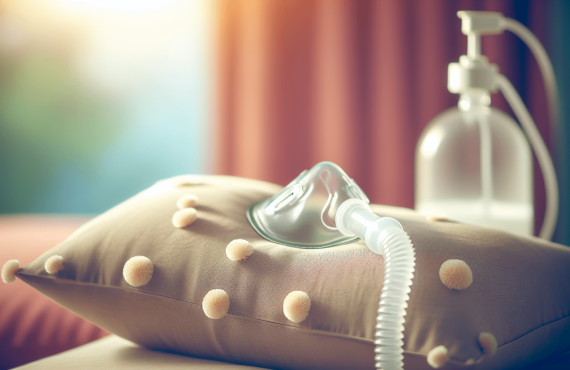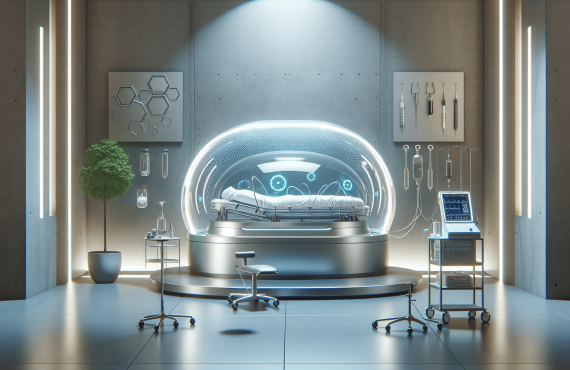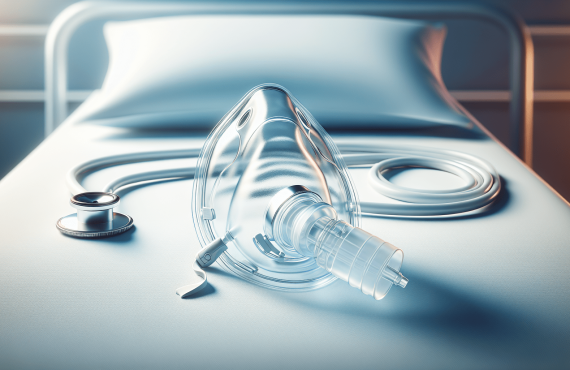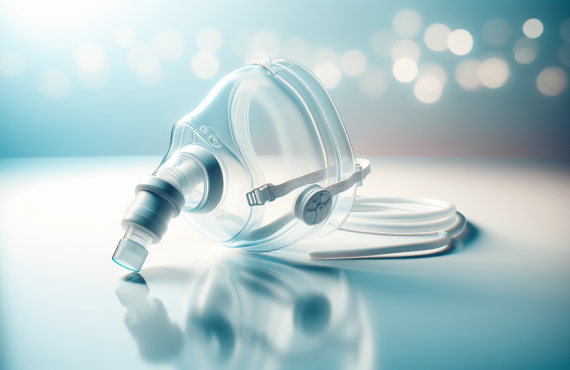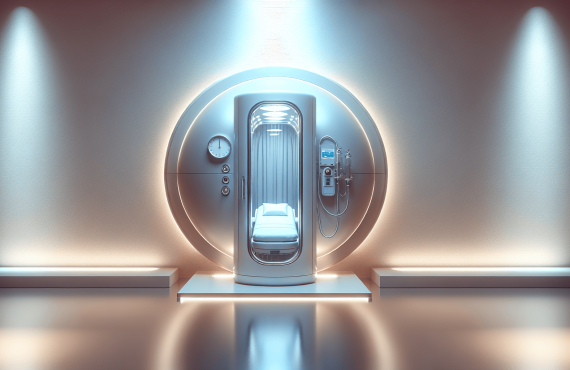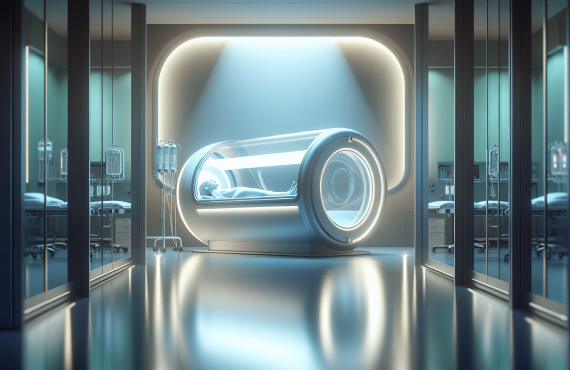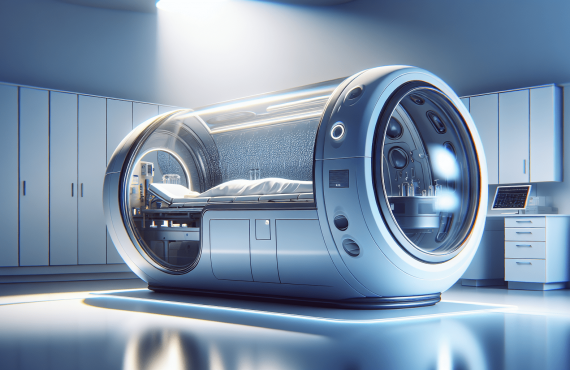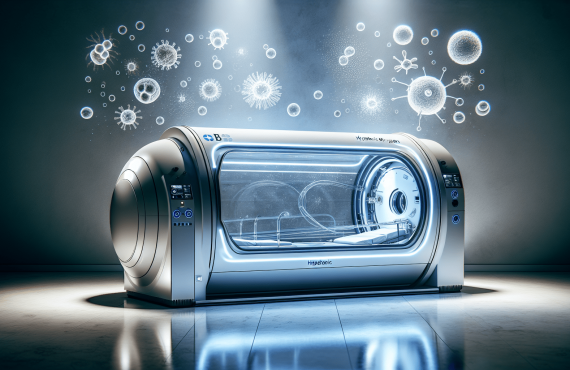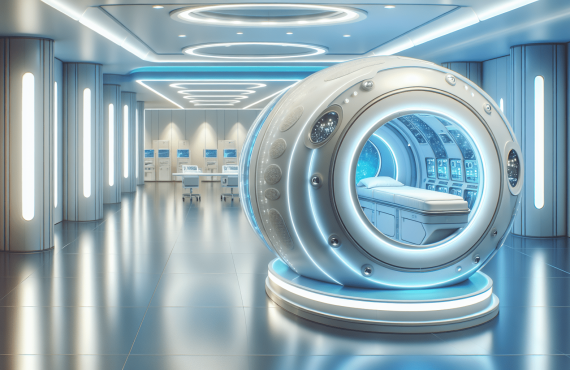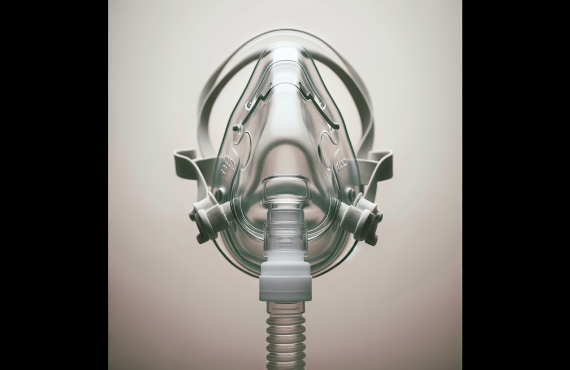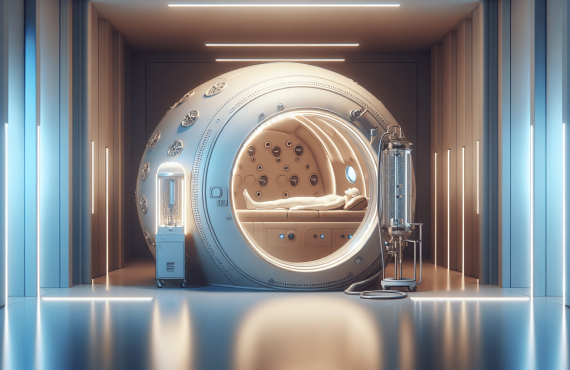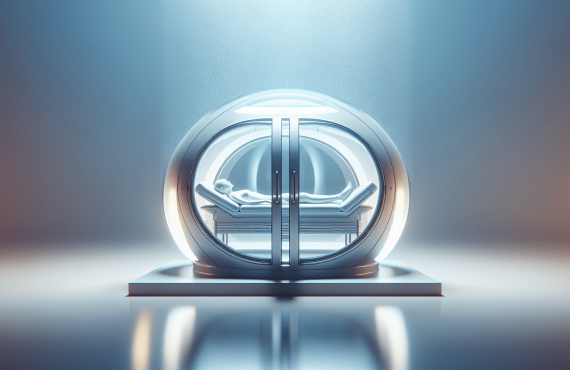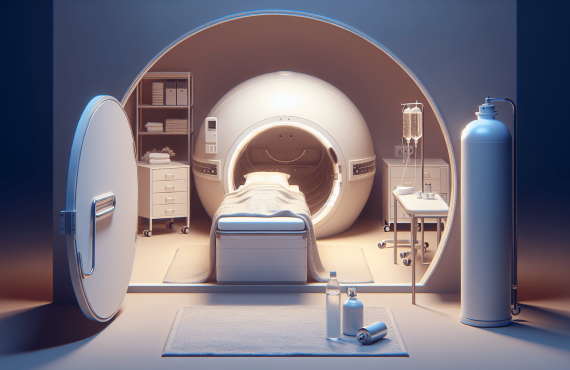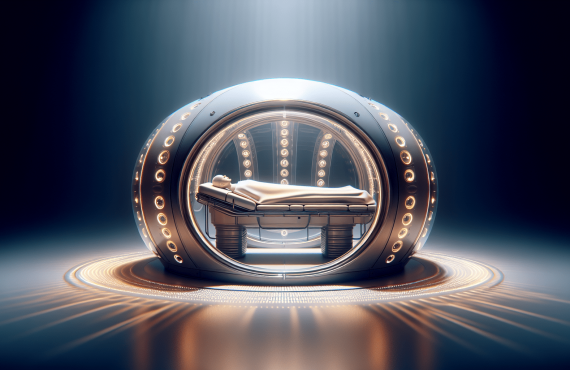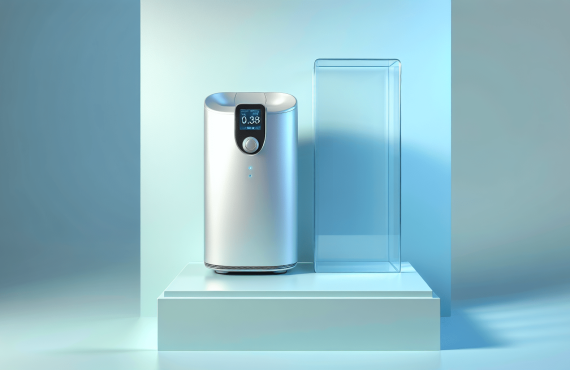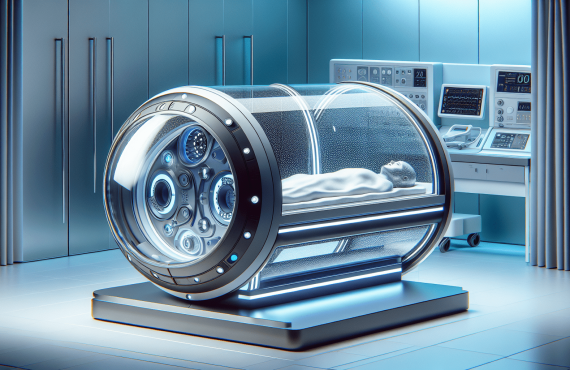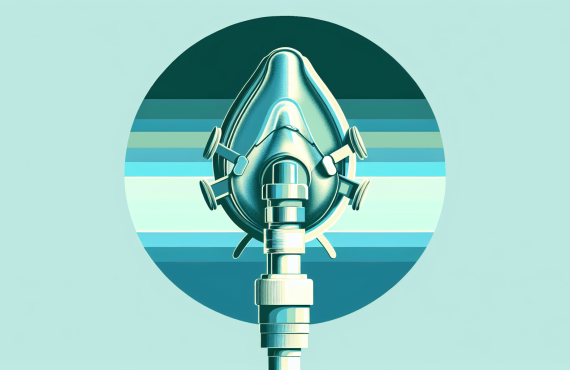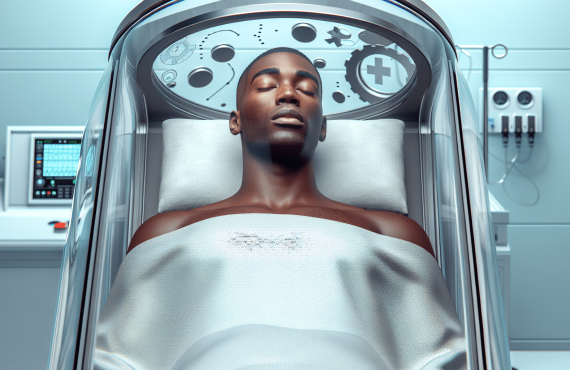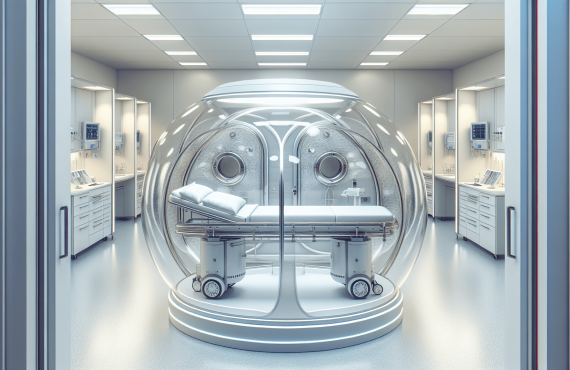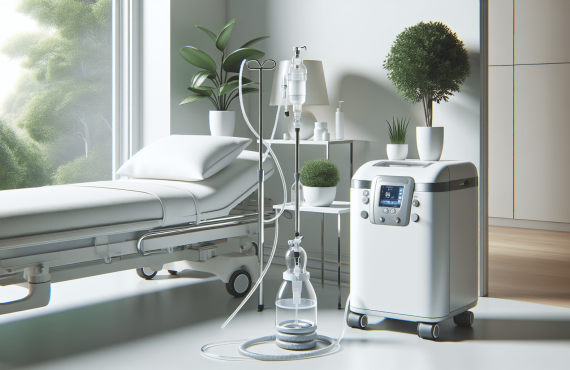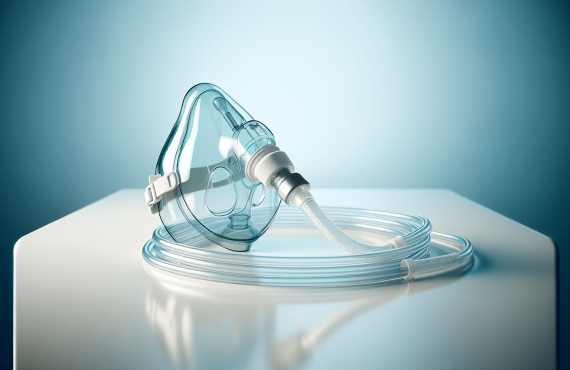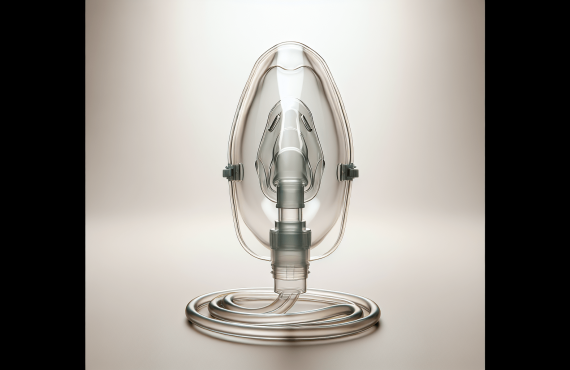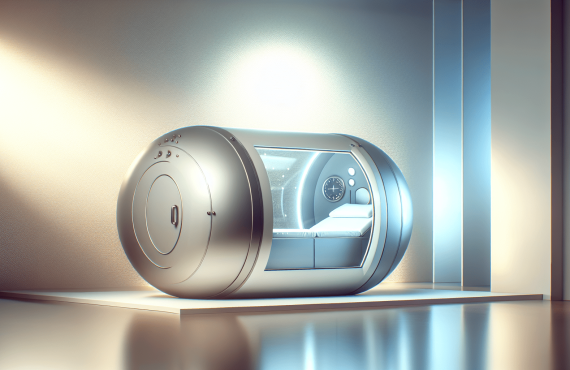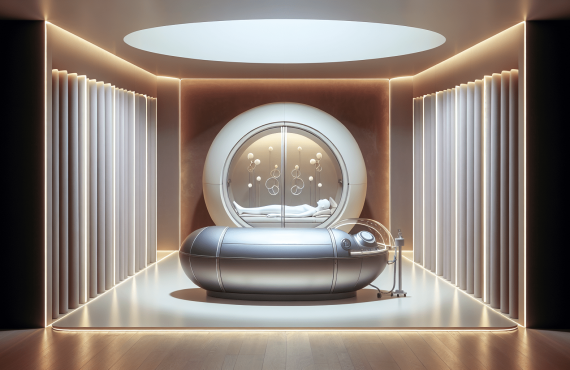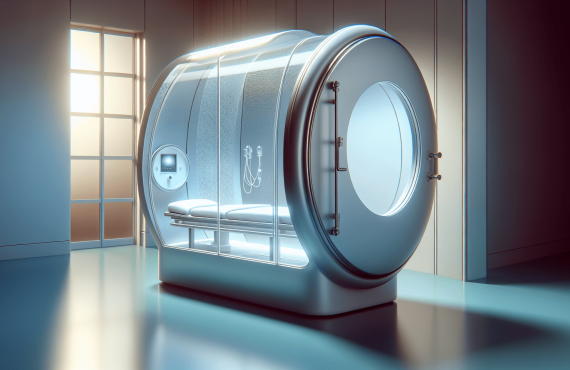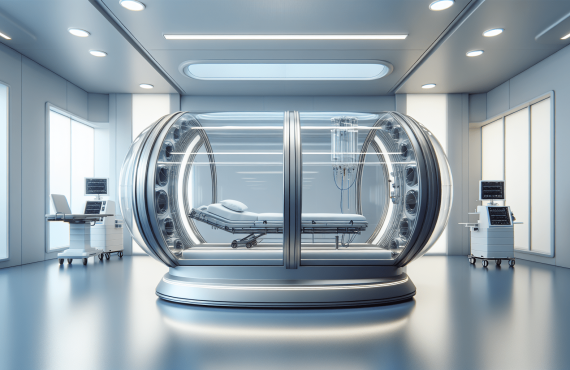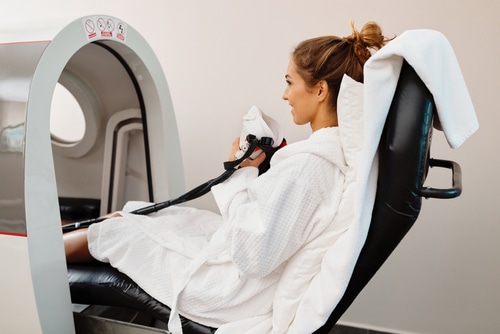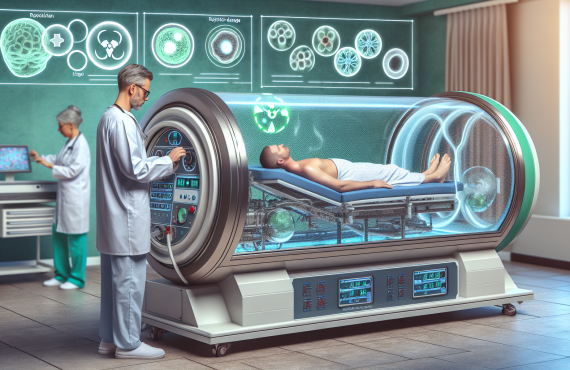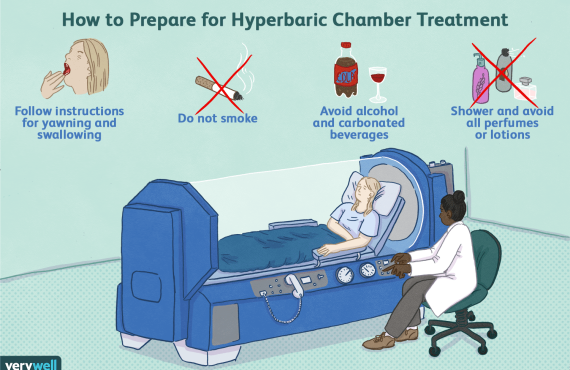Have you ever wondered why some people need supplemental oxygen? Breathing fresh air is something most people take for granted. However, if breathing becomes difficult, supplemental oxygen can be a vital lifeline. It’s a topic not often discussed, but understanding its importance can be illuminating. Whether you’re curious or concerned about a loved one’s needs, understanding the primary reasons for requiring supplemental oxygen can equip you with knowledge and empathy.

Table of Contents
The Four Main Reasons for Needing Supplemental Oxygen
Understanding why someone might need supplemental oxygen involves exploring the conditions and scenarios that make it necessary. Let’s look at the four main reasons:
1. Chronic Obstructive Pulmonary Disease (COPD)
Chronic Obstructive Pulmonary Disease, or COPD, affects millions worldwide. This condition hinder the airflow from the lungs, leading to breathing difficulties. People with COPD often experience shortness of breath and require supplemental oxygen. If you’ve ever felt like you just can’t get enough air, you can begin to grasp what COPD feels like.
For those with COPD, supplemental oxygen helps maintain adequate oxygen levels in the blood, ensuring cells receive the necessary oxygen to function properly. Improved oxygenation can lead to better overall health and a higher quality of life.
2. Severe Pneumonia
Pneumonia is a lung infection that can range from mild to life-threatening. When it reaches severity, pneumonia can fill the lungs with fluid or pus, impeding the intake of oxygen. Patients might experience difficulty breathing, chest pain, and a persistent cough.
Supplemental oxygen can help relieve these symptoms by ensuring the bloodstream receives enough oxygen. With the additional oxygen, the body can better fight the infection and the patient can feel more at ease.
3. Heart Failure
Heart failure is another reason supplemental oxygen might be necessary. When the heart doesn’t pump blood efficiently, the body can suffer from a lack of oxygen. This can cause significant fatigue and shortness of breath, even with minimal exertion.
Oxygen therapy can alleviate these symptoms by providing the extra oxygen needed to improve tissue function and reduce the workload on the heart. It’s an indispensable aid for those struggling with heart failure and can substantially enhance their daily lives.
4. Sleep Apnea
Sleep apnea is a condition that pauses breathing during sleep. It can lead to poor oxygen supply throughout the night, causing daytime drowsiness, headaches, and concentration problems. Severe cases might need supplementary oxygen, helping to keep blood oxygen levels stable during sleep.
With the aid of supplemental oxygen, individuals with sleep apnea can experience more restful sleep, leading to better energy and alertness during the day.
How Supplemental Oxygen Works
Understanding how supplemental oxygen works can make the necessity clearer. Primarily, oxygen therapy increases the amount of oxygen that enters the blood and is delivered to the body’s tissues. The use of oxygen concentrators, tanks, or liquid oxygen ensures the body functions optimally.
Equipment Used for Oxygen Therapy
The equipment used can vary according to the user’s needs. Here are a few common types:
-
Oxygen Concentrators: These devices draw in air from the surrounding environment and filter out nitrogen, leaving oxygen to be inhaled by the patient.
-
Compressed Oxygen Gas: Stored in tanks, this type of oxygen provides a direct source of gas when required by the patient.
-
Liquid Oxygen: Liquefied oxygen stored at low temperatures to provide a more portable option.
Each type has its pros and cons, depending on the patient’s lifestyle and medical needs.
Safety and Precautions
While supplemental oxygen is mostly safe, there are important precautions to consider:
Fire Hazards
Oxygen supports combustion, so keeping oxygen sources away from flames and heat is critical. Patients or their caregivers should:
- Avoid smoking around oxygen equipment.
- Keep flammable materials away.
- Be aware of potential sources of spark like static electricity.
Oxygen Tubing
Oxygen tubing can be a tripping hazard. To reduce risks, neatly organize the tubing and avoid running lines through walkways whenever possible.
Regular Check-ups
Regular medical check-ups ensure that your oxygen therapy is appropriate and effective. Adjustments to flow or delivery methods might be necessary as your condition changes.
Tips for Making the Most Out of Oxygen Therapy
Using supplemental oxygen can seem daunting at first, but there are ways to make it more manageable:
- Stay Active: As physical activity can improve lung function, work with a healthcare provider to develop a suitable exercise plan.
- Stay Hydrated: Adequate hydration can help thin mucus, making breathing easier.
- Get Educated: Understanding your equipment and condition can empower you to better manage your health.

When to Consult Your Doctor
If you’re experiencing any of the following signs, consult a medical professional:
- Persistent shortness of breath
- Chest pain
- Fatigue impacting daily activities
- Confusion or restlessness
Prompt medical advice can prevent complications and improve outcomes.
How to Access Supplemental Oxygen
Discussing needs with a healthcare professional is the first step to acquiring supplemental oxygen. They can provide you with a prescription—essential for obtaining equipment from a medical supply company. Make sure you understand your provider’s plan for monitoring and adjusting your therapy.
The Role of Hyperbaric Therapy
hyperbaric therapy, often used for treating conditions that benefit from increased oxygen, involves inhaling pure oxygen in a pressurized chamber. This treatment can expedite recovery processes, reduce inflammation, and improve overall wellness.
Benefits of Hyperbaric Therapy
Hyperbaric Therapy isn’t just another trend. Its structure allows for a distinct increase in oxygen absorption, promoting healing and aiding in ailments like chronic infections, carbon monoxide poisoning, and other serious health concerns.
By enhancing your blood and tissue oxygen levels, it can reduce the healing time and diminish inflammation. As this therapy assists in growing new blood vessels, it can also dramatically aid wound healing. With these benefits, it becomes an important consideration in modern medical treatments.
Common Questions About Supplemental Oxygen
Sometimes, understanding supplemental oxygen raises many questions. Here are some frequently asked ones that might help clarify doubts:
1. Does using oxygen continuously cause dependency?
No, using supplemental oxygen does not cause dependency but instead alleviates symptoms and improves health.
2. Can oxygen therapy help with headaches?
Yes, supplemental oxygen can assist with cluster headaches by enhancing oxygen levels in the brain.
3. Is portable oxygen available for active individuals?
Absolutely, portable oxygen options provide flexibility for those who need to stay active while undergoing oxygen therapy.
4. How do you know when oxygen therapy is effective?
Improved energy levels, reduced breathing effort, and enhanced ability to perform daily activities signal effective therapy.
5. Can I travel with my oxygen equipment?
Yes, but you need to inform your carrier and plan to ensure your equipment is appropriate for travel needs.
Why Choose Henry Chiropractic for Your Therapy Needs?
Choosing the right healthcare provider can greatly influence your experience and outcomes. At Henry Chiropractic, led by the seasoned Dr. Craig Henry and Dr. Aaron Hixon, you’ll find a dedication to improving health and wellness.
Meet Your Care Providers
Dr. Craig Henry, a licensed chiropractor and owner of the practice, brings expertise and a patient-oriented approach to healthcare. With a belief in enhancing each patient’s life, Dr. Henry ensures comprehensive care.
Dr. Aaron Hixon, with a rich background in chiropractic care and community service, offers diverse techniques tailored to suit individual needs. Whether embracing different chiropractic techniques or volunteering locally, his passion for helping others is evident.
Connect with Us
Should you or a loved one consider supplemental oxygen or chiropractic care, reach out to Henry Chiropractic to explore the benefits further. You can visit us at:
Henry Chiropractic
1823 N 9th Ave
Pensacola, FL 32503
(850) 435-7777
Visit our website
In conclusion, understanding the reasons someone might need supplemental oxygen not only highlights its medical importance but acknowledges those living with conditions requiring its use. With the right understanding, equipment, and support systems, oxygen therapy can significantly enhance life quality.


